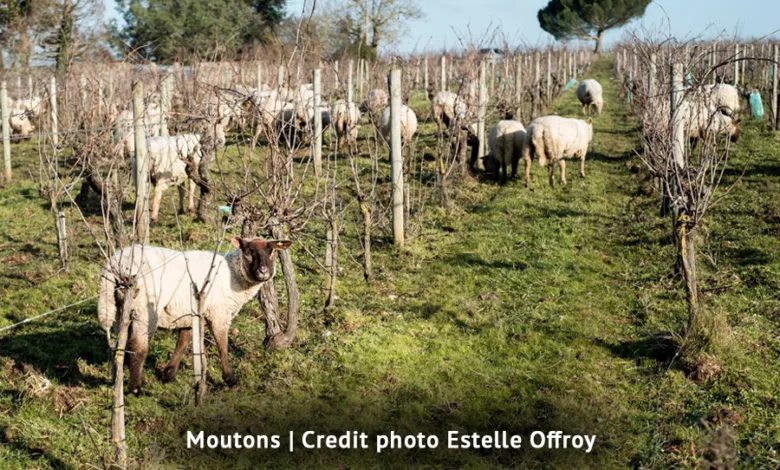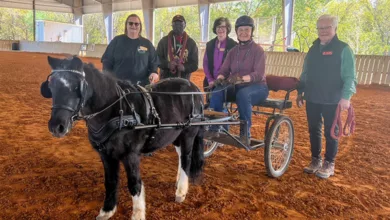Regenerative Viticulture: A Positive Solution for Climate Change

Every day you hear terrifying news about climate change, and you should be concerned. But what you hardly ever hear is the good news.
Amazing work happens around the world every day by very committed and talented folks. Some projects exist already and can be easily scaled, while others take longer.
Let’s look at one area where positive change is already happening: Regenerative agriculture and viticulture.
Traditional Farming
The idea of regenerative agriculture and viticulture is as old as wine itself. Only the term is new.
What changed over these thousands of years was modern agriculture, beginning with the rise of science and technology in the 1950s.
Farmers have since used techniques such as tilling the soils, replacing animals with machines, applying chemicals to control pests and yields, monoculture, or single crop farming, and large and/or corporate farms.
This was the age of “Better Living Through Science” that I remember from the heyday of Walt Disney, and it all seemed to work — until it didn’t. We produced more food to feed more people more efficiently than ever before in history.
But the “Law of Unintended Consequences” came back to bite us: Hello, climate change. We didn’t know what we didn’t know.
Tilling the soil exposed and destroyed the life inside it. Removing animals in favor of machines resulted in compacted soils unable to absorb water or provide nutrients to plants. Plant diversity plummeted and beneficial insects disappeared.
Farmers then used chemical fertilizers and pesticides to counteract declining soil quality.
Regenerative Agriculture and Viticulture
Enter regeneration, or a return to the health of the land.
Regenerative agricultural techniques hinder climate change by drawing carbon out of the atmosphere and into the soil, where it nourishes plant life. Soils can be “carbon sinks”: They hold and use carbon to generate life.
The term for this process is carbon sequestration. These techniques reverse the damage done by “modern agriculture.” When carbon in the soil increases, water retention improves, healthy bacteria and microbes return, and plant, insect, animal, and human life improves.
In her book For the Love of Soil, agroecologist and soil geek Nicole Masters writes, “Soil is the most important and essential ecosystem, linked to every function on the planet.” Returning carbon to the soil is the most important tool we have to address climate change.
Improved soil health also increases plant resilience. Plants grow better-equipped to handle volatile climate conditions such as drought and floods.
In the book Drawdown: The Most Comprehensive Plan Ever Proposed to Reverse Global Warming, edited by Paul Hawken, the section on “Farmland Restoration” provides specifics about restoring depleted farmland.
Each acre restored results in significant carbon sequestration, improved food productivity, and higher profits. Today, depleted farmland totals more than a billion acres. What an opportunity for farmers to improve life on the planet and make a better living.
Other Resources
Beyond the two resources listed above, I encourage you to check out these:
Through the Regenerative Viticulture Foundation, everyone can learn about regenerative viticulture.
Jamie Goode is a London-based science editor, wine writer, and speaker with a PhD in plant biology and a popular wine website.
Domaine Barmès-Buecher, wine producers from Alsace, France; and Tablas Creek Vineyard, wine producers from Paso Robles, Calif.
A change in mindset is necessary. Not only for vineyard managers, farmers, and ranchers, but also for business leaders, politicians, educators, and everyday human beings. A regenerative leadership approach can address today’s interconnected challenges.
But what we still need most is political and social commitment, so vote for leaders who are committed to regenerating our planet.






